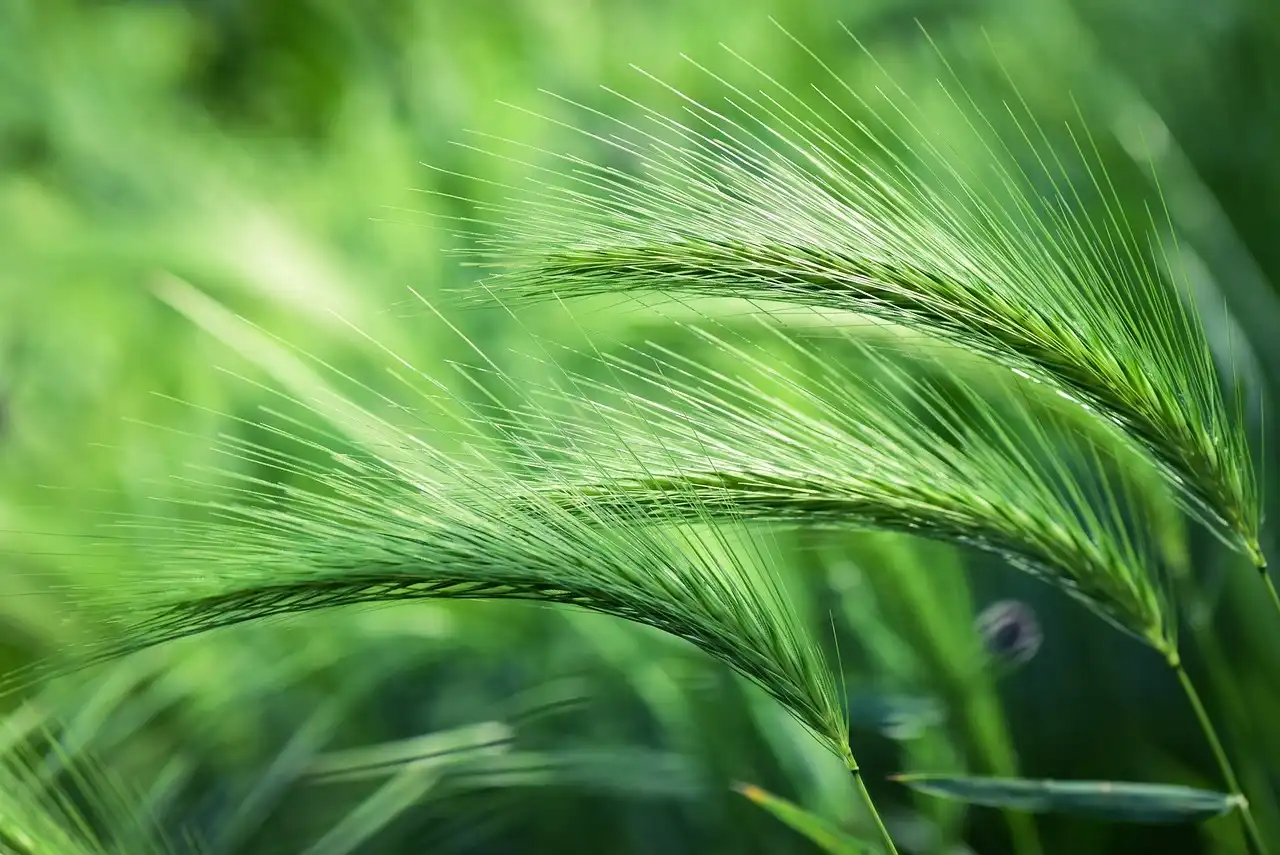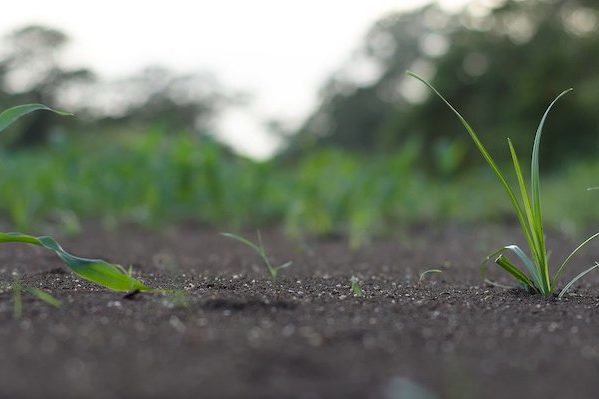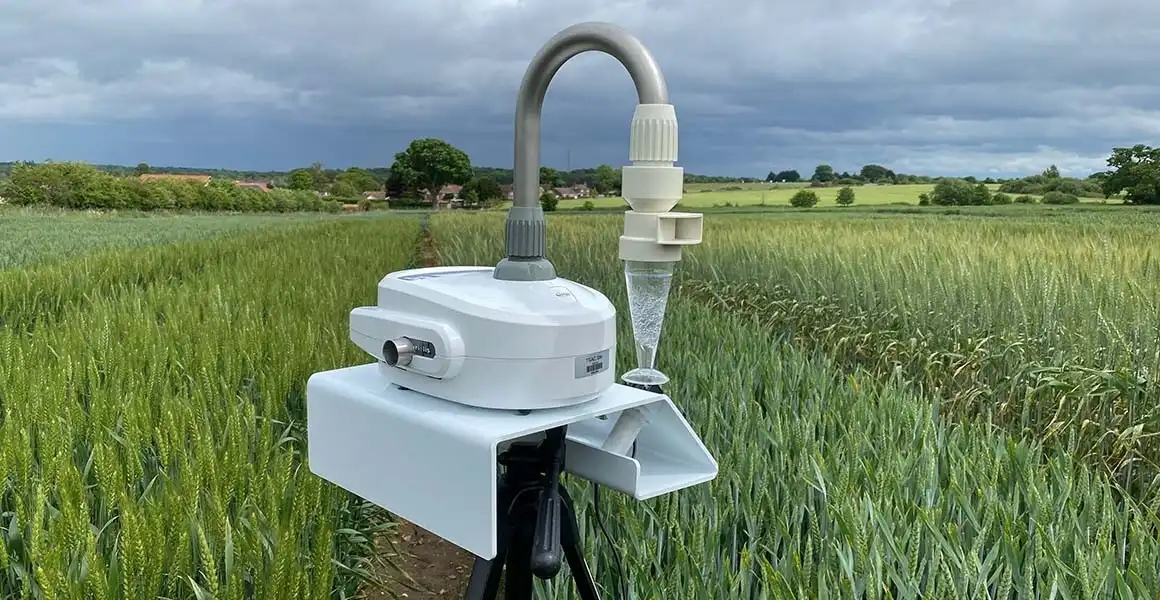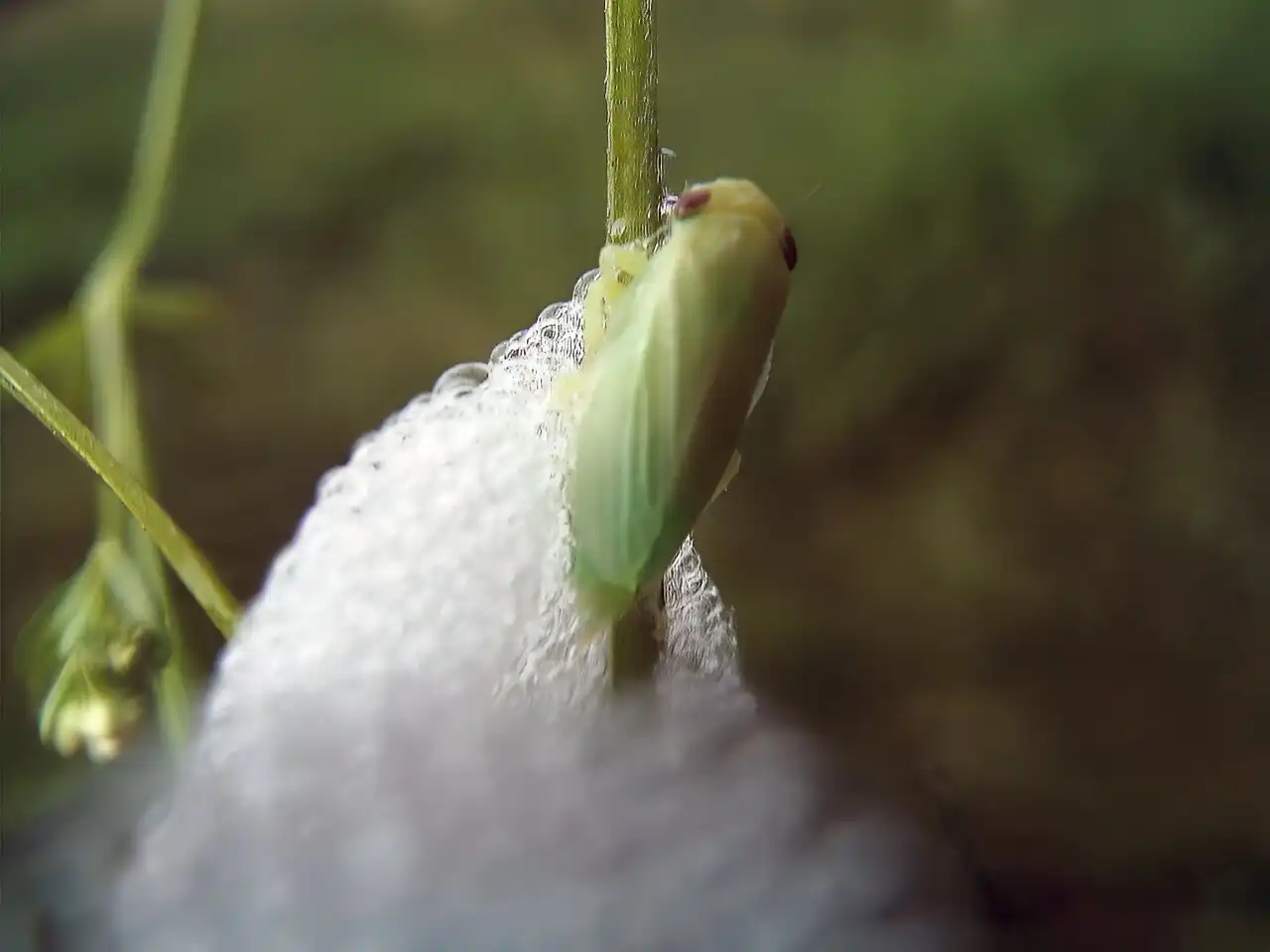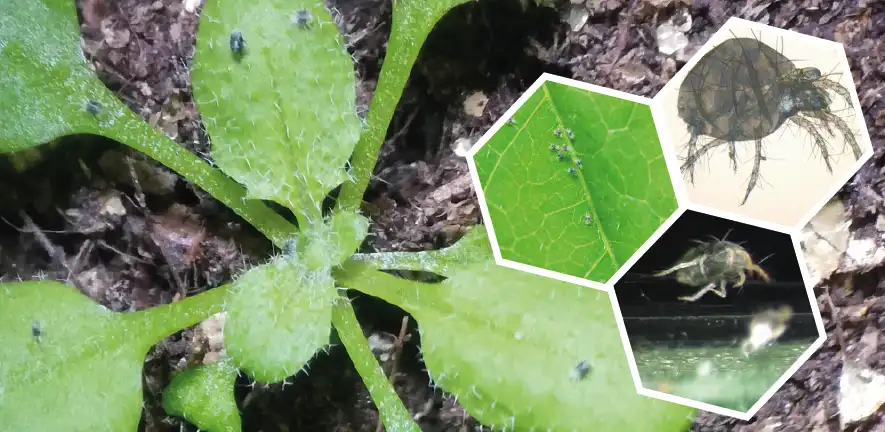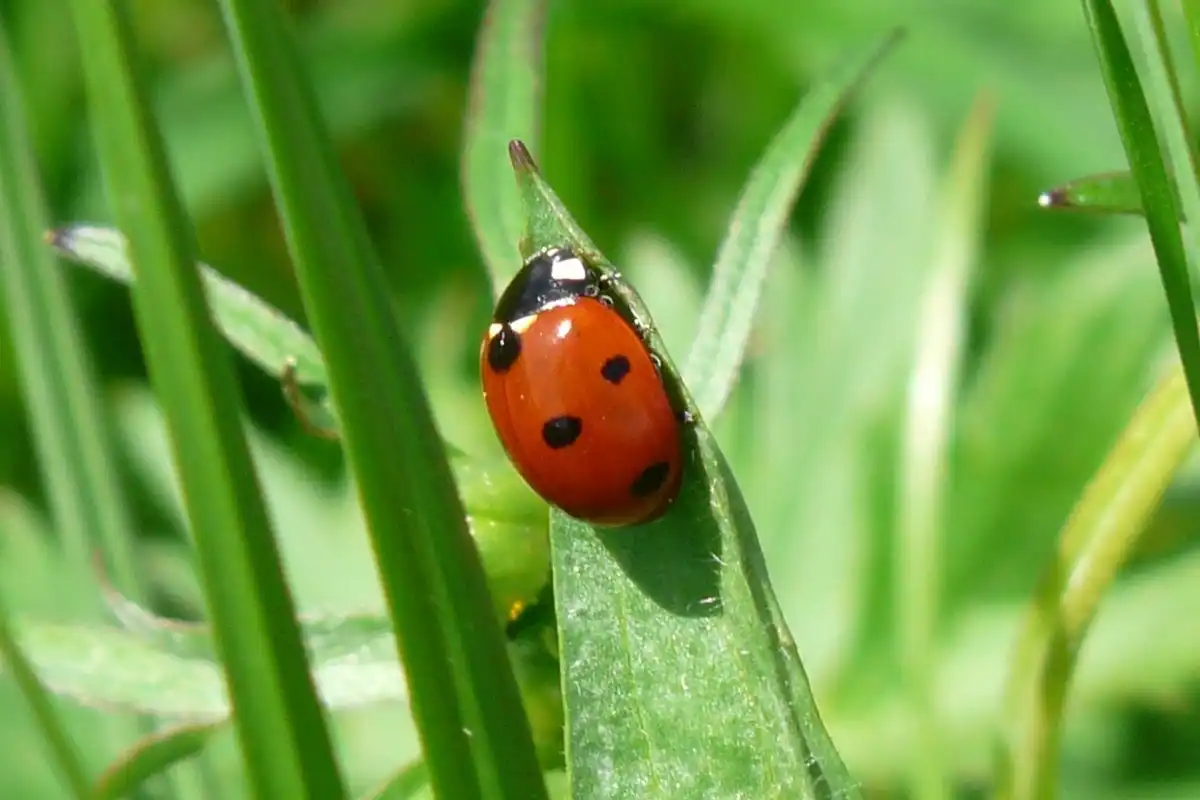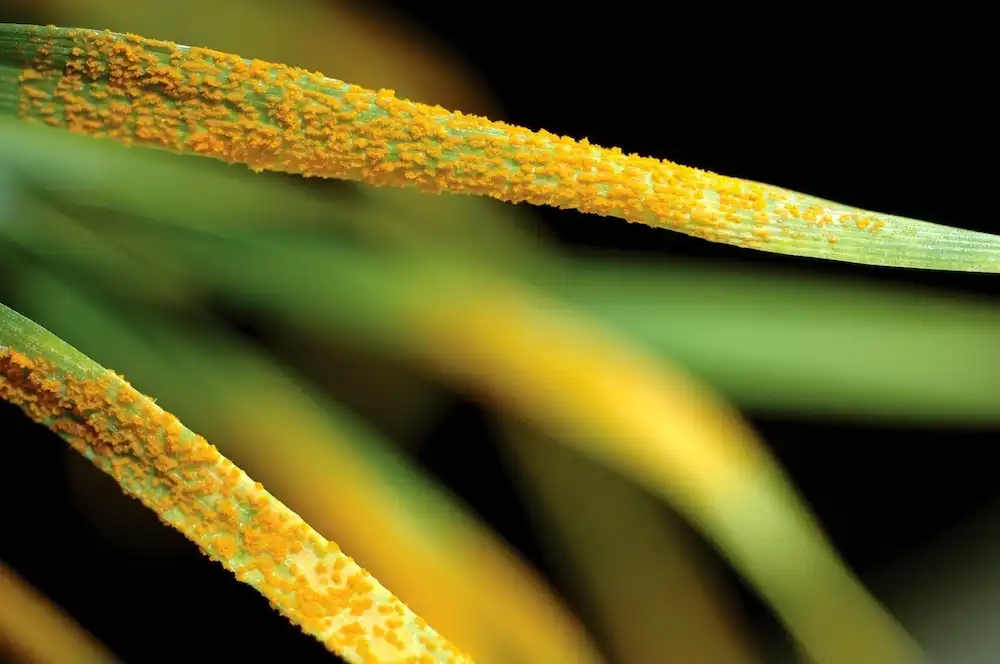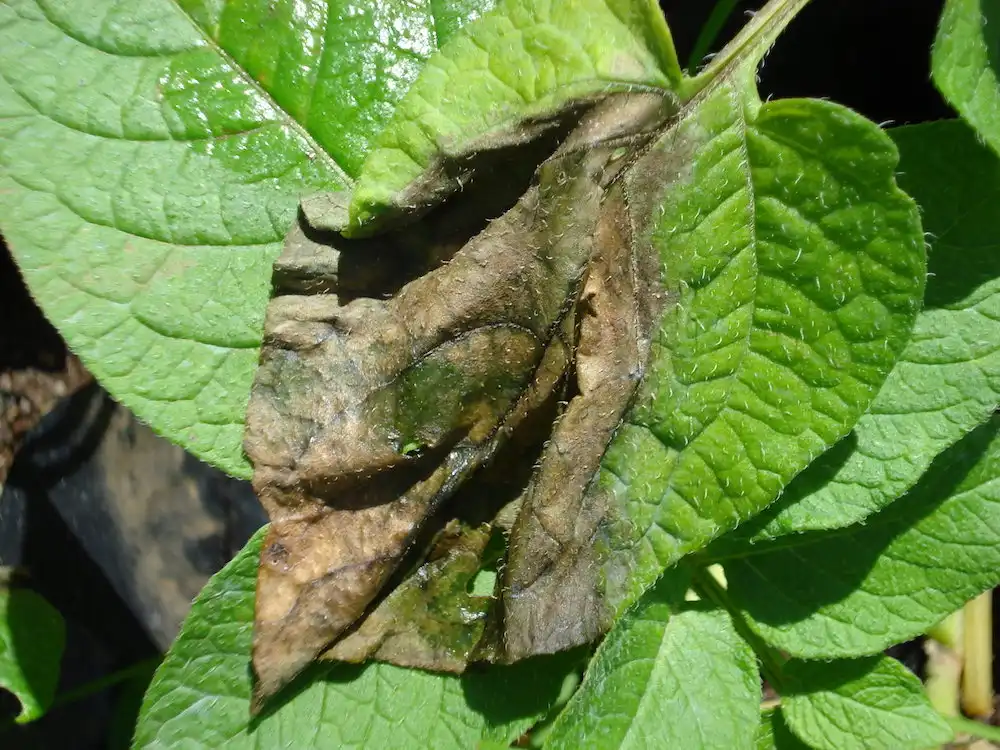
Climate change and globalization are driving a surge in threats to crops from insects and mites, researchers say. Rising temperatures are enabling pests to move further from the equator and to higher ground, while increased trade is accelerating the spread of invasive species.


